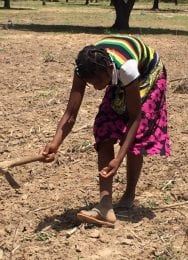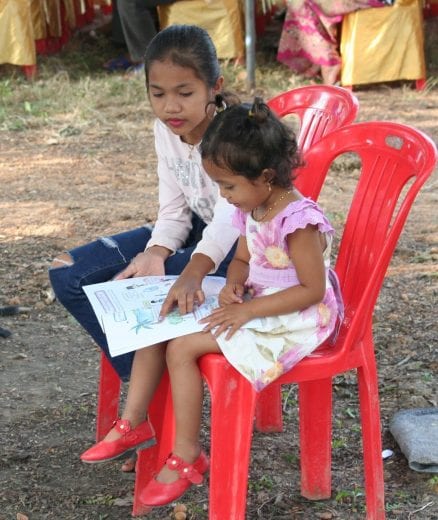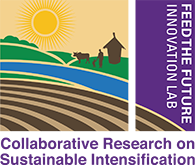What is RHOMIS?
There is an urgent need for tools that produce standardised, coherent, cost-effective and decision-relevant information to support efficient and impactful development programming. The Rural Household Multi-Indicator Survey (RHOMIS) framework (www.rhomis.org) does just that, and provides an implementation-ready solution that produces quantitative information for planning and monitoring investments in sustainable intensification across a range of rural contexts.
(RHOMIS) framework (www.rhomis.org) does just that, and provides an implementation-ready solution that produces quantitative information for planning and monitoring investments in sustainable intensification across a range of rural contexts.
RHOMIS is a flexible digital platform built on open-source software that can be easily modified to meet a range of needs while collecting a core set of data that feeds into a global discussion on the success of sustainable intensification.
In recent work, supported by the Feed the Future Sustainable Intensification Innovation Lab’s Geospatial and Farming Systems Research Consortium (GFC) and AfricaRISING Ethiopia, both part of the USAID funded Feed the Future portfolio, RHOMIS data has been used to better understand and quantify the trade-offs and synergies inherent to households adopting sustainable intensification using the SIIL-developed Sustainable Intensification Indicator Assessment Framework (https://www.k-state.edu/siil/resources/framework/index.html). The data we collect with RHOMIS is also used to track household and landscape-level progress towards achieving several of the Sustainable Development Goals, in particular SDG 1 (no poverty), 2 (zero hunger) and 5 (gender equity).




